Filter by
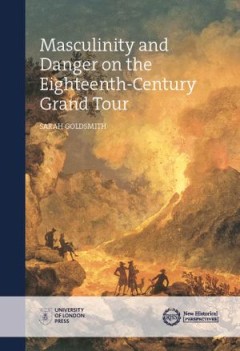
The Southern Version of Cursor Mundi, Vol. IV
The medieval poem Cursor Mundi is a biblical verse account of the history of the world, offering a chronological overview of salvation history from Creation to Doomsday. Originating in northern England around the year 1300, the poem was frequently copied in the north before appearing in a southern version in substantially altered form. Although it is a storehouse of popular medieval biblical lo…
- Edition
- -
- ISBN/ISSN
- 9780776601076
- Collation
- -
- Series Title
- -
- Call Number
- -
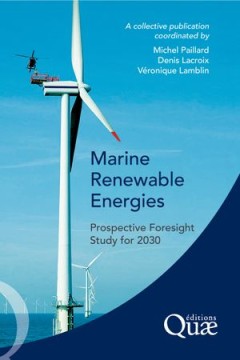
The Southern Version of Cursor Mundi, Vol. III
The medieval poem Cursor Mundi is a biblical verse account of the history of the world, offering a chronological overview of salvation history from Creation to Doomsday. Originating in northern England around the year 1300, the poem was frequently copied in the north before appearing in a southern version in substantially altered form. Although it is a storehouse of popular medieval biblical lo…
- Edition
- -
- ISBN/ISSN
- 9780776648149
- Collation
- -
- Series Title
- -
- Call Number
- -
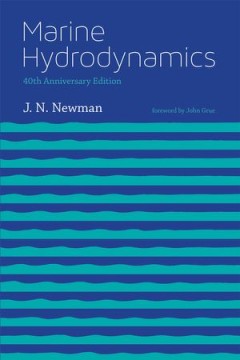
The Southern Version of Cursor Mundi, Vol. II
The medieval poem Cursor Mundi is a biblical verse account of the history of the world, offering a chronological overview of salvation history from Creation to Doomsday. Originating in northern England around the year 1300, the poem was frequently copied in the north before appearing in a southern version in substantially altered form. Although it is a storehouse of popular medieval biblical lo…
- Edition
- -
- ISBN/ISSN
- 9780776602066
- Collation
- -
- Series Title
- -
- Call Number
- -
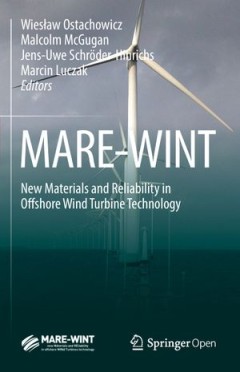
The Southern Version of Cursor Mundi, Vol. I
The medieval poem Cursor Mundi is a biblical verse account of the history of the world, offering a chronological overview of salvation history from Creation to Doomsday. Originating in northern England around the year 1300, the poem was frequently copied in the north before appearing in a southern version in substantially altered form. Although it is a storehouse of popular medieval biblical lo…
- Edition
- -
- ISBN/ISSN
- 9780776648057
- Collation
- -
- Series Title
- -
- Call Number
- -
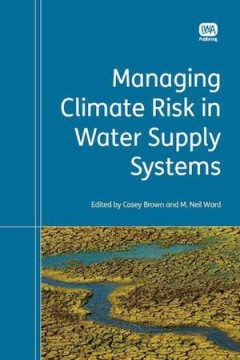
Sisters and the English Household: Domesticity and Women's Autonomy in Ninete…
Sisters and the English Household revalues unmarried adult sisters in nineteenthcentury English literature as positive figures of legal and economic autonomy representing productive labor in the domestic space. As a crucial site of contested values, the adult unmarried sister carries the discursive weight of sustained public debates about ideals of domesticity in nineteenth-century England. Eng…
- Edition
- -
- ISBN/ISSN
- 9781783088454
- Collation
- -
- Series Title
- -
- Call Number
- -
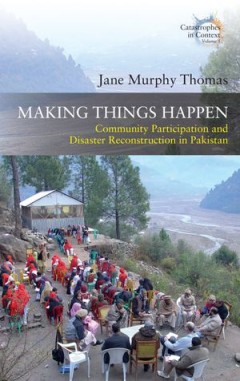
Sinesio di Cirene nella cultura tardoantica: Atti del convegno internazionale…
"In a discourse on the great confrontation between pagan and Christian culture at the sunset of the ancient world, the testimony of Sinesio is certainly significant: 'testimony' we say, since that of Sinesio was not a strong contribution in one or the other of the two fields, but a mediated message, with adhesions in both, but with an unfinished, or ambiguous one, which must be assumed, and pos…
- Edition
- -
- ISBN/ISSN
- 9788867055494
- Collation
- -
- Series Title
- -
- Call Number
- -
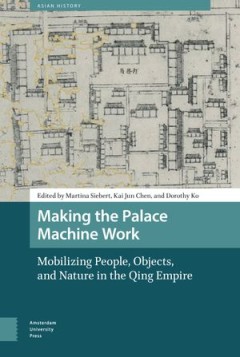
Silent Love: The Annotation and Interpretation of Nabokov's "The Real Life of…
The Real Life of Sebastian Knight is one of Vladimir Nabokov's most autobiographical novels and it has often been observed that Sebastian's passionate affair with the femme fatale Nina Rechnoy is a dramatized extension of Nabokov's infatuation with Irina Guadanini. In this book it is shown that the novel also conceals another, secluded, love affair Sebastian had with a man, which reflects the m…
- Edition
- -
- ISBN/ISSN
- 9781618117106
- Collation
- -
- Series Title
- -
- Call Number
- -
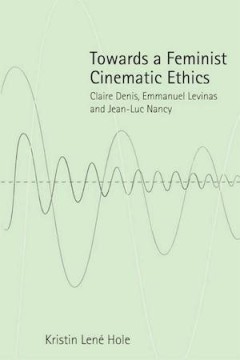
Towards a Feminist Cinematic Ethics: Claire Denis, Emmanuel Levinas and Jean-…
Towards a Feminist Cinematic Ethics develops an account of non-normative ethics that can be used to think about filmmaking and viewing, using two philosophers—Emmanuel Levinas and Jean-Luc Nancy, and the work of filmmaker Claire Denis. In an accessible and engaging manner, it offers new readings of Denis' films, situating them within larger feminist, postcolonial and queer debates about …
- Edition
- -
- ISBN/ISSN
- 9781474409520
- Collation
- -
- Series Title
- -
- Call Number
- 777 HOL t
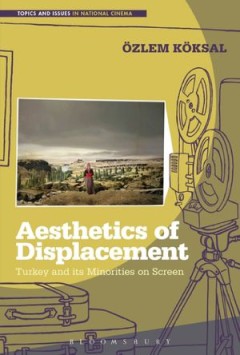
Aesthetics of Displacement: Turkey and its Minorities on Screen
Looking at films that represent the experience of displacement in relation to Turkey’s minorities, Aesthetics of Displacement argues that there is a particular aesthetic continuity among the otherwise unrelated films. Ozlem Koksal focuses on films that bring taboo issues concerning the repression of minorities into visibility, arguing that the changing political and social conditions determin…
- Edition
- -
- ISBN/ISSN
- 9781501306464
- Collation
- -
- Series Title
- -
- Call Number
- 791.43 KOK a
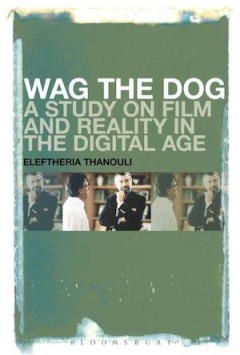
Wag the Dog: A Study on Film and Reality in the Digital Age
Wag the Dog became a media event and a cultural icon because it inadvertently short-circuited the distance that is supposed to separate reality and fiction. The examination of the historical and social context in which it was produced, exhibited and received worldwide enables the author to illuminate a series of changes in the way a fiction film reflects and interacts with reality, urging us to…
- Edition
- -
- ISBN/ISSN
- 9781501307270
- Collation
- -
- Series Title
- -
- Call Number
- 791.43 THA w
 Computer Science, Information & General Works
Computer Science, Information & General Works  Philosophy & Psychology
Philosophy & Psychology  Religion
Religion  Social Sciences
Social Sciences  Language
Language  Pure Science
Pure Science  Applied Sciences
Applied Sciences  Art & Recreation
Art & Recreation  Literature
Literature  History & Geography
History & Geography